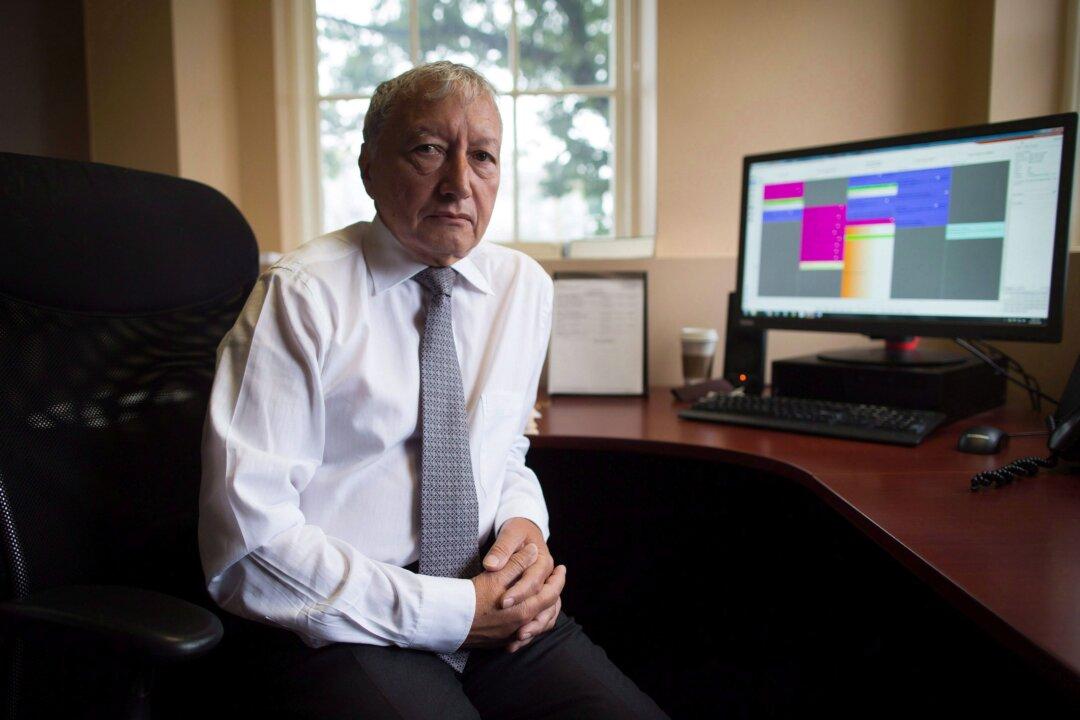A Vancouver surgeon who spent 11 years battling the ban on private health care in British Columbia is not giving up. The B.C. Supreme Court rejected Dr. Brian Day’s constitutional challenge, but he says he’s ready to fight the issue all the way to the Supreme Court of Canada.
An 880-page ruling by Justice John Steeves of the B.C. Supreme Court on Sept. 10 upheld that the province’s Medicare Protection Act (MPA) did not violate the Charter rights of patients who wished to pay for private care when they were forced to wait in the public system.





